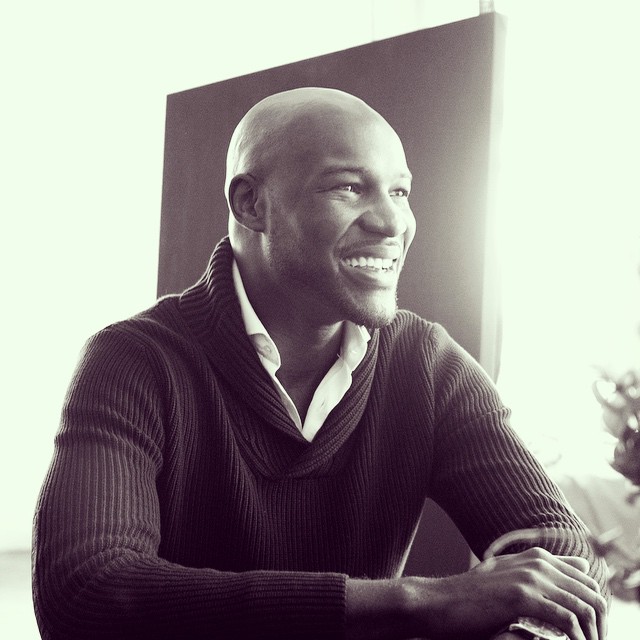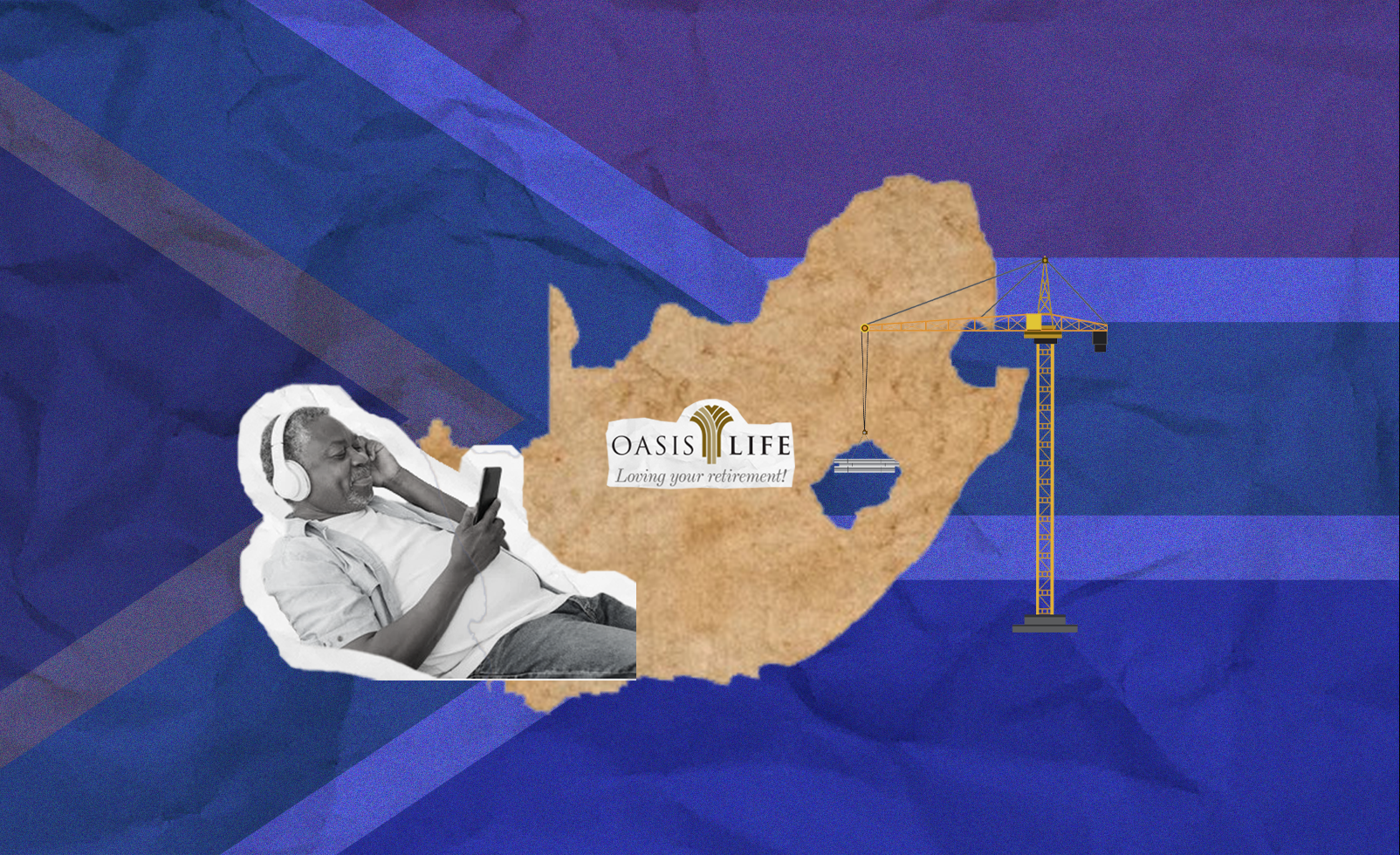ei Profile: Lee Moulton - Breather
Kayode Ola . 9 years ago
breater
ei
ei profile
interview
lee moulton
new york
premium
property
real estate
rent
san fransciso
start up

Share this post
Subscribe to our newsletter
Breather is one of the latest iterations of the shared economy which allows users to rent private rooms for an hour at a time. It is currently operational in 4 North American cities but the company envisions a global network of spaces that freelancers, entrepreneurs and business travellers can use. Its model of on-demand, hourly workspace,…
Breather is one of the latest iterations of the shared economy which allows users to rent private rooms for an hour at a time. It is currently operational in 4 North American cities but the company envisions a global network of spaces that freelancers, entrepreneurs and business travellers can use. Its model of on-demand, hourly workspace, lowers barriers to entry for obtaining a professional space to work, hold meetings, or relax. In some instances, this model has proven to be more lucrative than the typical monthly rent structure, generating up to $4,000 more.
Lee Moulton, Head of Strategic Partnerships and Business Development has made significant progress in growing supply spaces and establishing mutually beneficial partnerships with real estate stakeholders. In this exclusive interview with ei, Lee talks about his upbringing as a young immigrant, his days at Goldman Sachs, and his role at Breather. He also layers the conversation into the real estate and startup scene in Lagos and other African cities, giving insights on risks, opportunities and growth prospects.

Breather Space – North Madison, New York City. Source: Breather
Bio and Early Career
Where are you from?
That has always been an interesting question to answer. My mother is from Monrovia, Liberia and my father is from Banjul, The Gambia – both in West Africa. We migrated to the U.S. in 1989 to escape a bloody civil war in Liberia. We ended up settling in Raleigh, North Carolina.
What was your upbringing like?
My mother raised my younger sister and I by herself. She often held multiple jobs at once just to make ends meet. Many times we slept on the floors of my mother’s friends and relatives homes and I think I must have attended over 4 or 5 elementary schools before my mother was able to achieve financial stability. The Liberian civil war ruined many lives and people like my mother had to start all over. It was tough, but we always had food to eat and clothes on our backs. I’m not sure how she did it, but my mother always provided for us. From the age of 8 onwards, I was required to contribute around the house as much as possible and help take care of my sister. My mother taught us to value our educational opportunities and to work hard, given that in America, hard work and schooling is the only way to become financially independent.
What is your educational background?
I attended the Northfield Mount Hermon School on an academic scholarship and graduated in 2003. Afterward, I attained my B.A. in Political Science from Amherst College. At the time, it was the number one liberal arts college in the country and though it wasn’t a well recognized brand internationally, I was amazed at the reputation the school had within academic circles and I thought it would be a great fit. Coming into Amherst, I was pre-med and thought I wanted to be physician. After spending my first summer at Yale Medical School’s enrichment program and my second summer at the National Institute of Health doing HIV research, I realized that my interest in medicine was more academic than practical. I enjoyed my political science elective classes immensely and decided to pursue a degree that afforded me a wider variety of career options.
Why did you choose medicine from an early age?
As a young kid growing up in a West African household, the practice of medicine was revered by the people who influenced my thinking. You want to make your family proud and aspiring to be doctor and practice medicine was a goal that those around encouraged. I was a huge fan of the Cosby Show growing up and Dr. Huxstable seemed to be living the perfect life! At the time, I thought that becoming a doctor was the primary way to achieve status, respect and financial independence.
How did you transition into Investment banking?
After deciding that I didn’t want to be doctor, I then considered going to Law School after Amherst. My junior summer, I did a fellowship at Harvard Law School to learn more about the law. Because I made the decision quickly, I decided not to apply to law school senior year and instead work as a paralegal for a year to earn some money and get a strong recommendation for law school. I obtained a paralegal position at Simpson Thacher and Bartlett, a very well regarded corporate law firm in New York. It was during my first few months there that I reconnected with an old friend, Tedla Khan, who was working at Goldman Sachs. My experience working as a paralegal was uninspiring and Goldman Sachs seemed like a place where I could make a good living while honing in on what exactly it was that I wanted to do. I applied for a role in Operations at Goldman and got an offer so I left STB after about 8 months.
How was the Goldman Sachs Experience?
I always tell people that Goldman Sachs is like the military. The culture and rigor of the firm pushes you to the outer limits of your capabilities and forces you to perform at your best at all times. You don’t enjoy it during the process but you are proud of the type of person, or in this case professional, you become. I had the opportunity to work with some of the smartest people in the world and learned a great deal about corporate and business strategy, organizational leadership, and the importance of developing and maintaining strong and lucrative client relationships. I also had the opportunity to work for Lloyd Blankfein as a part of the Goldman Sachs’ Client Strategy Group, which sit’s in The Office of the Chairman. Goldman Sachs invested a great deal in me through training, mentorship and gave me opportunities to build my confidence and expertise in strategy and business development. I still have strong relationships with my former colleagues there and working there was a privilege. One of the best decisions I have ever made.
Breather and Beyond
Why did you leave Goldman?
The average tenure at Goldman is about 4 years or so. Most analysts join the firm, gain rigorous training and experience over their first 2-3 years, and then go on to Private Equity, Hedge Funds or to Business School. I was there for almost 6 years, so I felt that my time had come to try something new.
Entrepreneurship always interested me intellectually but until recently, I never had the risk tolerance or financial security to give it a shot. I was empowered by stories of young tech entrepreneurs leaving corporate America to found or help found companies that were disrupting old paradigms and making products, markets and technologies more efficient and user friendly. I decided in the summer of 2013 that I wanted to join a tech start-up whose mission I believed in and who could use my skills and energy to grow and prosper.
Why Breather?
Breather is exactly the kind of company that I think the world needs today. For entrepreneurs or people seeking to strike out on their own in order to escape the drag of being a cog in the wheel at a large corporation, Breather’s model of on-demand, hourly workspace lowers barriers to entry for obtaining a professional space with which to land that first client or to hold a team meeting. I was truly inspired by our CEO’s vision of a global network of spaces that freelancers, entrepreneurs and business travelers can use when they want, how they want to either get things done, relax and recharge, or just think in peace and quiet with no strings attached, no one forcing you to buy another item or no one trying to lock you into some long-term commitment.

Breather Space – ByWard Market, Ottawa. Source: Breather
Tell us about Breather?
Similar to what ZipCar was done with cars, Breather is a service that offers people a peaceful, quiet space to call their own in dense urban centers where such spaces are hard to come by or too expensive to access. Breather allows people to rent out furnished spaces in commercial buildings by the hour, giving them a place to work, sit or unwind in peace.
Breather rents spaces from commercial tenants, redesigns and furnishes them, and then rents them out by the hour. We launched in Montreal in October of last year and have grown to 30 spaces between Montreal, New York, San Francisco and Ottawa. Our prices vary based on the market. For instance, our average hourly rate in Montreal is $15 whereas we charge up to $40 per hour for some of our Manhattan spaces.
Our true value add to property owners is the earnings potential that operating a Breather space presents over the traditional monthly leasing model. For instance, one of our SoHo spaces, which rents on the market for $2,000 per month, generated $7,000 a month a revenue from hourly bookings. That is the power of our business model. To access the spaces, members book them online or via our mobile apps, as many as 30 days in advance or at a moment’s notice. When they are ready to check in, they are given a unique PIN code that can be used to unlock the door. We leave a 30 minute buffer between bookings to allow our network of cleaners to tidy each space before the next user.

Breather Space – Paper Factory, New York City. Source: Breather
Can you tell us more about your business partners/co-workers and how the idea came up?
Sure. The awesome Co-Founders of Breather are our CEO Julien Smith and our COO Caterina Rizzi. Almost two years ago, Julien, who was a business writer by trade, was on a business trip and found himself in a dilemma many of us face when we travel: where do you go in between checking out of your hotel and heading to the airport when you have time to kill but need to be productive? Traditionally you end up at a Starbucks. Julien thought there had to be a better option. Sure enough, that’s when Julien linked up with his old friend Caterina, who studied Fine Arts and worked as an interior designer, to launch Breather.
What has your experience been?
My experience at Breather so far has been amazing. I’m responsible for Strategic Partnership and Business Development, focused on the New York market and never before has my experience, personality and skillset aligned so perfectly with a position. We are making significant headway in growing our supply of spaces and establish mutually beneficial partnerships with real estate stakeholder in the city. I have never worked with a more motivated, industrious, fearless or brilliant group of people. So far, so good. I couldn’t be more excited for what the future holds.
What factors do you consider in selecting Breather Locations?
We look at 6 core factors. Location, size (125-400 sq. ft), neutral décor, security, natural light and availability.
What projects do you have in your pipeline?
We are working on a great deal of exciting stuff. The most exciting one that I can share in that we’ll be launching in Boston very soon!
Do you have global expansion strategies? If yes, what are they?
Yes, we do. The specific cities we expand to and the timing of those launches will be determined by a host of factors. Our members and the feedback that they provide will factor in greatly on how we execute on that strategy.
Have you considered locations in cities like Lagos, Cape Town, Johannesburg, and Nairobi?
We are considering a host of cities though our focus right now is on the North American market. Each of those cities is very different and will present their own unique challenges and opportunities. For us, its not a question of “if” we’ll consider launching in a city, but “when”, “why” and “how”.
What is the outlook for Breather?
In the near term, we want to be in every major urban center in the U.S. and Canada. Once we achieve that, we will expand globally in a strategic and measured way based on user demand and a host of other factors. Long term, we aim to have a global network of spaces from L.A. to Tokyo, so that our users have a Breather space nearby no matter where they are.
Can you explain your planned collaboration with Uber?
Uber and many other service companies are always in need of spaces to pop in to have meetings. Uber, along with Etsy and a few other start-ups, purchase bulk hours from us that their employees can use when in need of a conference room or meeting space.
Airbnb is facing countless litigations. Is Breather’s model resilient to this?
We built our model within the legal parameters of existing real estate codes, regulations and statutes. We had our lawyers research real estate zoning and leasing laws in each of our markets before becoming operational and our focus on making sure our operations are in accordance with the law is area of pride for us and we won’t ever cut corners for the sake of rapid growth. We are building this company for the long term.
Would you ever consider moving back home if any business opportunities came up?
Currently Breather is my central focus and it would be a dream for our goal of building Breather into a global brand aligns with my roots in West Africa. I think at the right time and in the right context, setting up Breather spaces in Africa would make sense for me. If the opportunity presented itself for launching the brand back home, I would indeed raise my hand to be a core part of the successful structuring and implementation.
What is your outlook for the startup scene in Lagos and other African cities?
I think these cities are on the right path. Prior to the formation of any true start-up scene, companies will need access to superb and skilled talent, as well as access to capital with which to launch and prove their business models. In Lagos, Accra, Johannesburg and more, the brain drain has slowly started to reverse more talented engineers and entrepreneurs are seeking opportunities within their homeland as opposed to going abroad. Technical schools are improving and adapting, teaching necessary skills like mobile app development. The main issue right now is access to capital. Funds have yet to make a significant enough commitment to investing in companies founded in African cities as the risk profile has been to high compared to other capital allocation options. But I see this improving. There are number of funds right now being formed specifically to invest in start-ups based in the continent. As those funds rise and their returns start to look promising, the capital issue will slowly dissipate and all the factors will be in place for a healthy start-up scene and leave political risk as the only main barrier to success.
Related News
You will find these interesting

Bisi Adedun . 5 months ago
Africa Investment Forum
AIF

Bisi Adedun . 5 months ago
housing
personal finance

Bisi Adedun . 5 months ago
Century city
New City